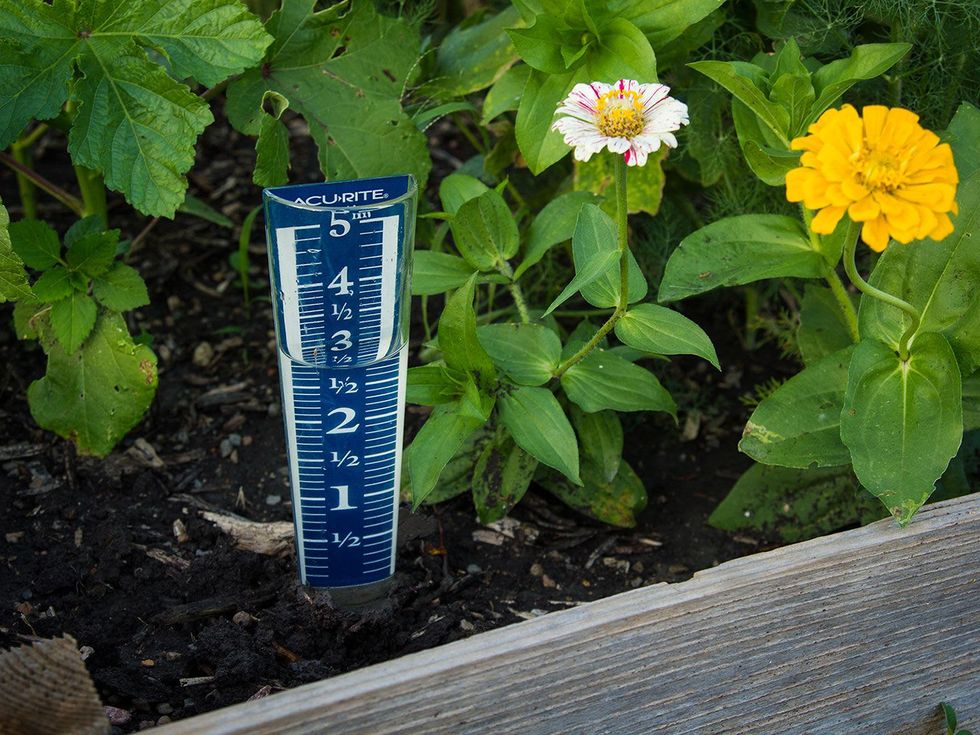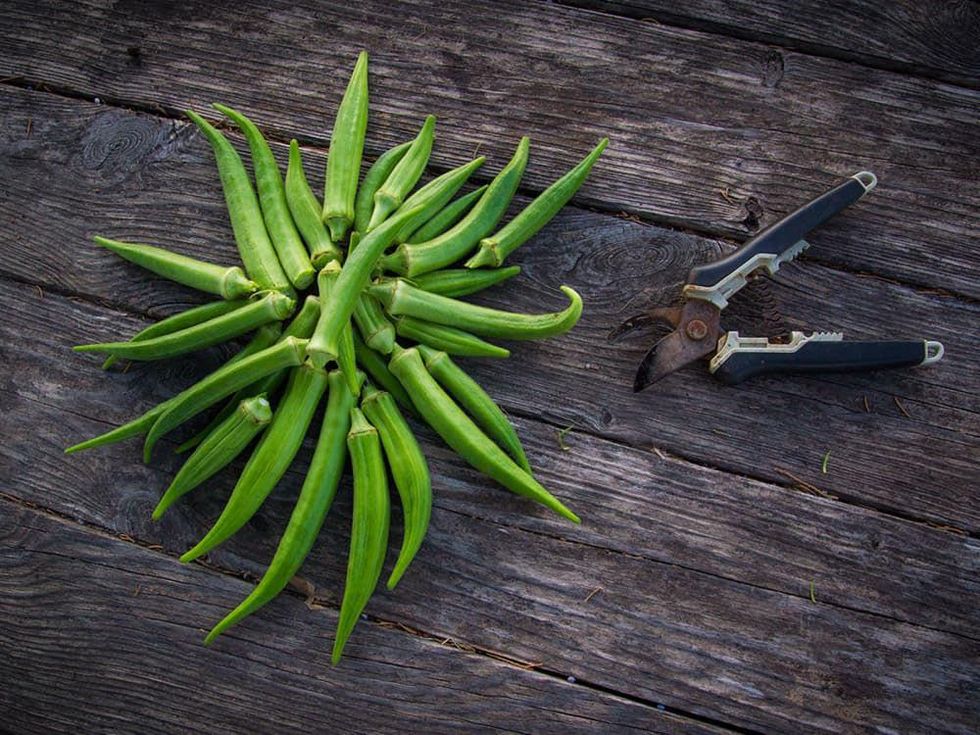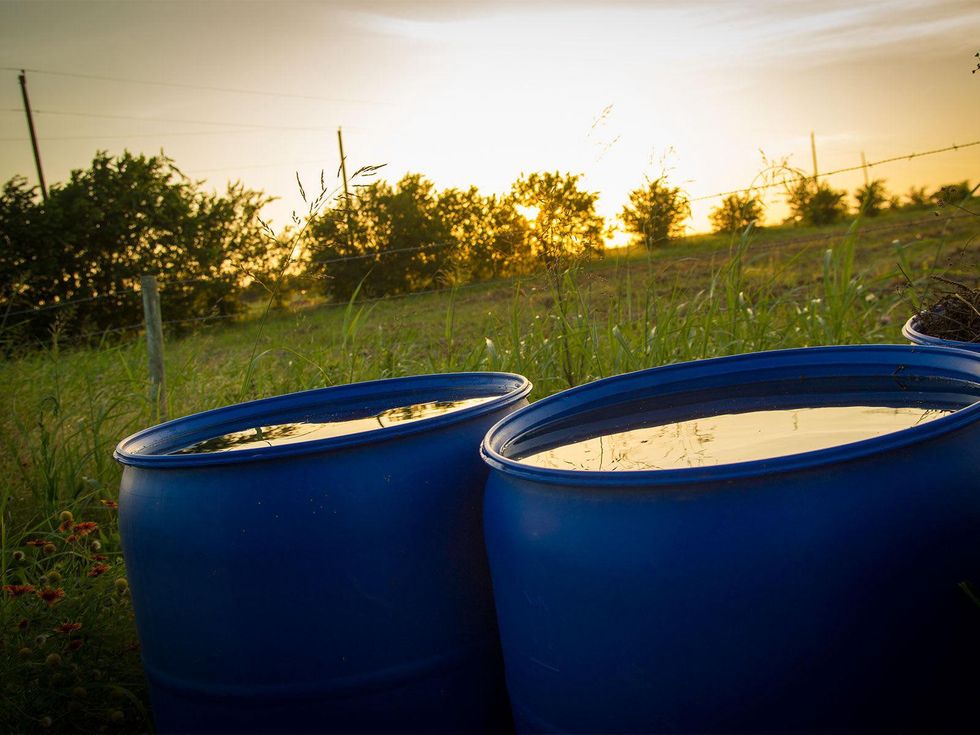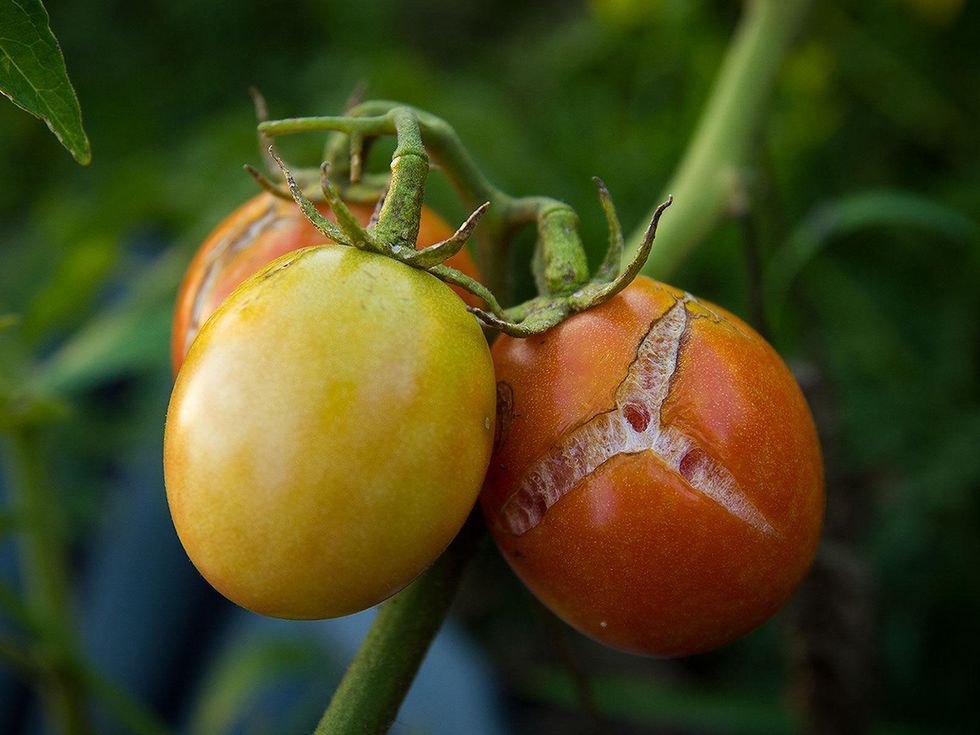The Farmer Diaries
Rainfall in thick of drought revives Texas farm
A windfall of rain in the last half of June, including nearly three inches of rain in one week, has made gardens across North Texas come alive. My squash and zucchini plants — no bigger than basketballs a few weeks ago — are now as large as beanbag chairs. Okra plants that were a foot tall on Father's Day come up to my waist, topped with foliage so dense that it hides the ground along the rows. The spacing between my Israeli melon plantings was clear and wide two weeks ago; now it is filled with sprawling vines.
Watering from the tap can't compare to rainfall. Not even rainwater stored in barrels seems to enliven crops as well.
I used to suspect that rainfall was superior because of its nitrogen content, absorbed from the atmosphere as raindrops fall through the air. Through my study of hydroponics, though, I've learned that the benefit of rainfall is that it's highly oxygenated; plant roots need oxygen as much as they do moisture.
Watering from the tap can't compare to rainfall. Not even rainwater stored in barrels seems to enliven crops as well.
Beyond the obvious relief such precipitation brought to my crops, it gave me time to do more of the tasks that pile up each year as priorities lie elsewhere. Because the rain fell in sessions every few days, I was released from my daily, three-hour watering routine. The time I'd have spent pulling a water hose around and moistening the soil under all my plants was put to better use: I repaired a few damaged raised beds, weeded, potted up some flowers and simply relaxed.
As beneficial as the rain has been, there are casualties. The few tomato plants that survived my unwitting neglect got doused. Fruit that was ready to ripen ended up splitting open from the sudden infusion of moisture in the soil. Out in the field of row crops, my father had only harvested half of the potatoes that were ready to be uncovered. If the soil does not dry out soon enough, the other half may rot in the ground.
In the grip of a continuing drought that has spread across most of the region, these few losses to an abundant rain are nothing to complain about. Farming always involves winning with some crops and losing with others.
After the storms moved on and sunny skies returned, my crops were loaded with a fresh wave of produce to harvest. My father spent two days picking black-eyed peas. Soy beans yielded enough of a harvest to fill half a rain barrel. Okra, eggplant, squash and cucumbers rolled in.
There's plenty of produce left to harvest throughout the rest of the growing season, and the value what has been picked so far has already covered this year's investment. From now on until the first frost, the rest of the pickings are free.




